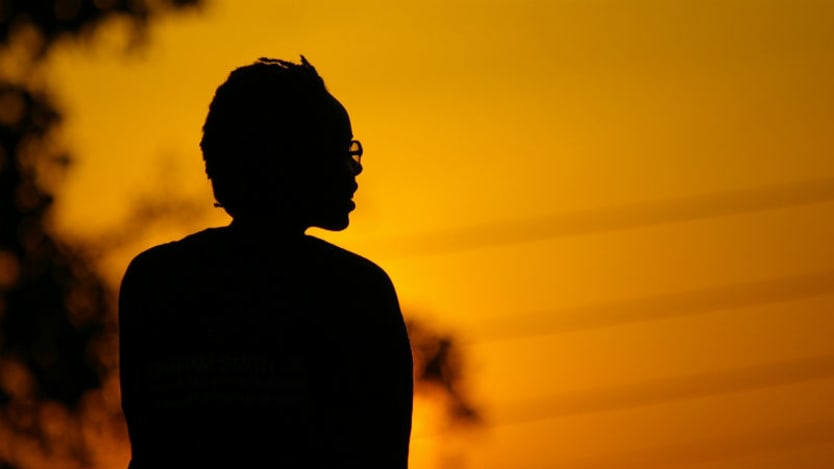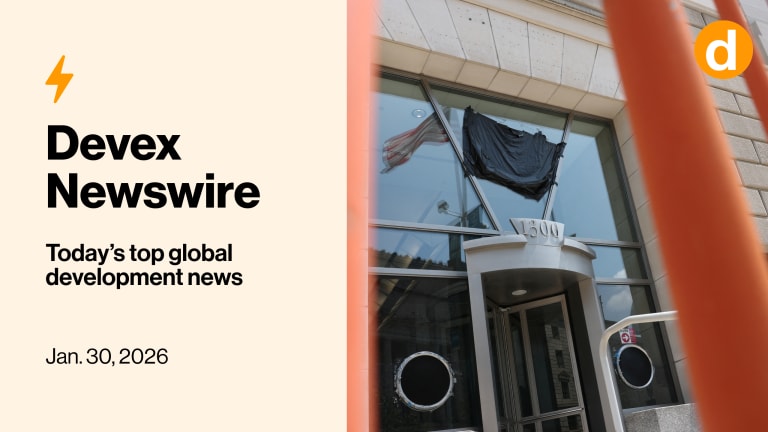
I had finally gotten a call for the in-person interview. After passing the phone interview and beating the applicant tracking system, I was finally going to have my chance to break into humanitarian development. In fact, if I landed the job, I would be the senior policy advisor for the humanitarian response in Haiti at Oxfam America. It was June 2010.
After the earthquake in Jan. 2010, I volunteered to go to Haiti with a religious group to help in any way that I could. After all, I felt that as a person born in the Caribbean, I had more than just a passing connection to the people and to the island. It was not only that I felt I belonged in Haiti, but I was also vested in the advances that could be made. My graduate school advisor had tried to force me to write my dissertation on the Rwandan genocide, but instead, I wrote about a part of the world that resonated with me: identity politics and “colorism” in Haitian elections.
As I prepared for the interview with Oxfam, I thought about the fact that I was bringing all the required qualifications: for starters, the education (I hold three master’s degrees); my personal and deeply rooted understanding of the country context (my dissertation was still warm from my defense); and a mindset that was essential in this work — I believe that people in poor countries know what is best for them and that the mere fact that they are recipients of aid does not take away their humanity.
“But wait until they see your black face,” said my inner voice.
I wondered what the interview panel would look like. Would it be a panel of white women who had spent a total of three months in Haiti collectively and were now “experts”?
Or a panel of white men who had never stepped foot on the island of Haiti, but perhaps had attended an elite school and had been able to accept an unpaid internship in Geneva or New York?
Either way, I was certain that it would be a panel of people who would get to decide if I “fit,” which I already knew was often a euphemism for hiring people who look like and act and share the same background as them.
“But wait until they see your black face,” said my inner voice.
I worried whether I could be my best self in the interview. Will I be too distracted? Will I focus on how I talk? Try not to sound too black, not too Caribbean, not too expressive, not too loud? Because we know that black women who are loud [insert cliché] might not be a good “fit.”
As I walked into the interview room expecting a sea of white faces, there was a ray of light. A black woman sat at the table. I had an indescribable feeling of glee. I relaxed. I allowed myself the luxury of this one thought: This must be how white people feel all the time; they can just be.
And for only the second time in my professional life, I was the outstanding candidate — not the black candidate who happened to be outstanding.
I landed that job at Oxfam America and spent almost three years working on advocacy for post-earthquake Haiti. It was my defining entry-level moment. I had broken into the sector. I have absolutely no doubt that on that particular day, because of the presence of another black sister, I showed up with my best self.
I would go on to learn the aid sector pecking order at that organization: that expatriates and local/national staff are not all treated equally; that expatriates received the leadership positions in the country offices; that the white savior complex was real; and that the aid sector preached diversity, but these ideals were not reflected in our practice, at least not internally. For my entire tenure at Oxfam America, the executive leadership team was comprised of white males with the exception of one white woman.
While aid organizations are finally coming to terms with the lack of women in leadership positions and seeking to remedy the situation, this will not translate automatically into more black women in leadership. Black women generally have no internal champions to shepherd them through the politics of getting to the executive suite, nor are they groomed through the organizational pipeline for leadership roles. In a recently released impact study on gender and racial diversity in the aid sector, Quantum Impact reported that of the 162 organizations analyzed, four out of five organizations (80 percent) had leadership teams that did not have a representative number of people of color. Half of all organizations (51 percent) had no leaders of color.
According to Quantum Impact, the barriers for women to get into leadership positions appear to be related to promotion, since women are generally well represented at entry levels. For people of color, there are critical barriers in the sector starting at the entry level and continuing through leadership levels. A rising tide for women in leadership in global development will not lift all boats.
Black women in the aid sector face a double whammy. The evidence points to it, as does my experience. Recent scandals reveal — more than ever — that this sector needs many more of us at the helm.
“Your black face is needed,” my inner voice says now.








